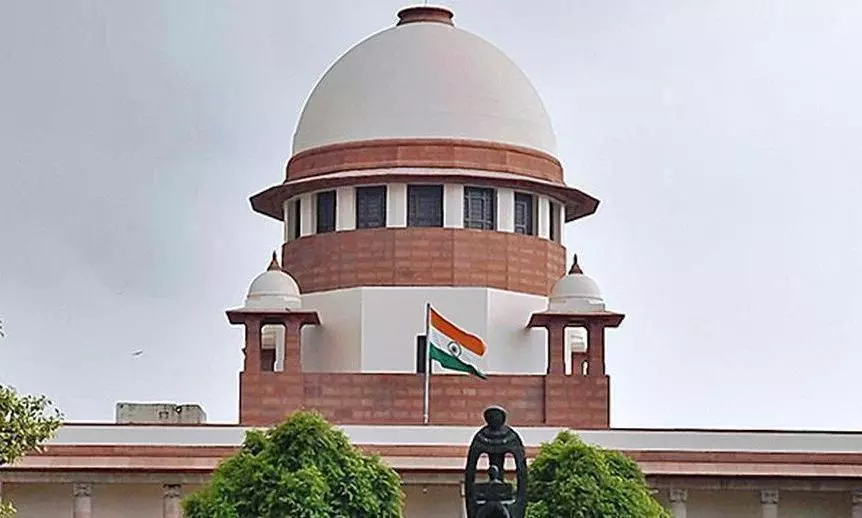
SC rejects plea to enforce NEP in Tamil Nadu, Kerala and West Bengal
text_fieldsNew Delhi: The Supreme Court on Friday declined to entertain a plea requesting directives for Tamil Nadu, Kerala, and West Bengal to implement the National Education Policy (NEP) 2020.
A bench comprising Justices J.B. Pardiwala and R. Mahadevan stated that the apex court, within its writ jurisdiction, cannot directly compel any state government to adopt NEP.
“The court may, however, intervene if a state's action or inaction related to the National Education Policy violates any fundamental rights. We do not propose to examine this issue in this writ petition,” said the Justice Pardiwala-led bench as it dismissed the plea filed by advocate G.S. Mani, the petitioner-in-person.
Referring to the media reports, the plea said that five states, namely Odisha, West Bengal, Tamil Nadu, Kerala and Delhi, have not yet signed the Memorandum of Understanding (MoU) with the Union Ministry of Education, while 30 states and union territories (UTs) have done so.
“Due to the change in government in Odisha and the Union Territory of Delhi, only three remaining states, namely Tamil Nadu, Kerala and West Bengal, have not signed the MOU with the Union government,” it added.
The plea further argued that signing the MoU is essential for implementing the National Education Policy and securing nearly Rs 13,000 crore in funding over the next three years through the Centre's flagship scheme for state-run higher education.
It also contended that the Tamil Nadu Chief Minister's view—that the NEP undermines social justice, threatens the Tamil language, and harms Tamil Nadu's interests—is false, arbitrary, politically motivated, and contrary to the fundamental right to free and effective education, including learning other Indian languages of Tamil and other Indian children.
“The refusal or failure of the state government to implement the National Educational Policy (NEP) of the Central Government or sign an MOU may harm the public interest or infringe on citizens' rights. The state government is under a constitutional or legal obligation to implement the NEP 2020 of the Central Government and to enter into an MOU for the implementation of the said policy, scheme, or project,” stated the petition.
As per the plea, the Union Ministry of Human Resource Development brought the New National Education Policy (NEP) 2020 to improve the quality of education in India by focusing on holistic development, critical thinking, and skill development, apart from emphasising foundational literacy and numeracy.
(inputs from IANS)












